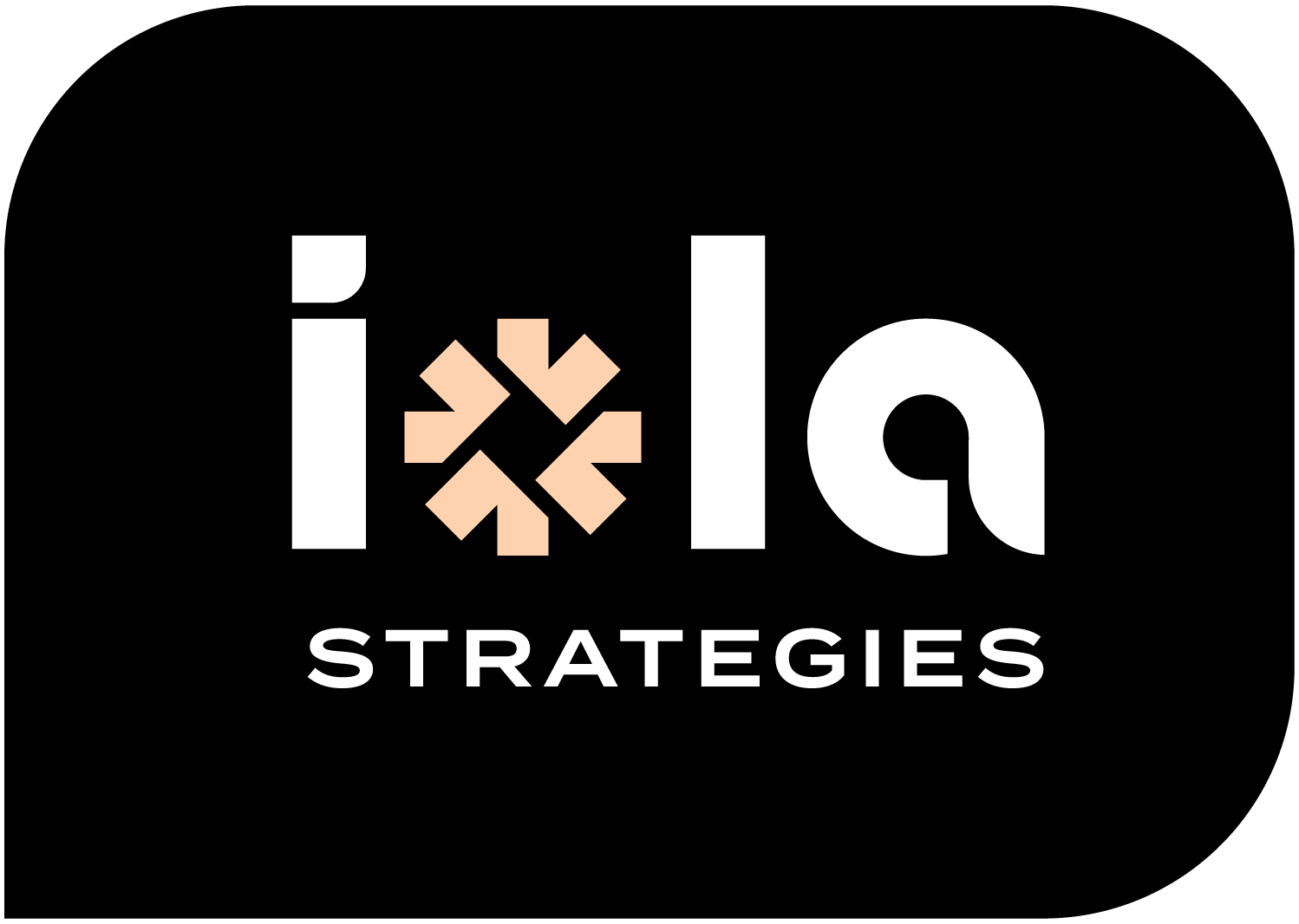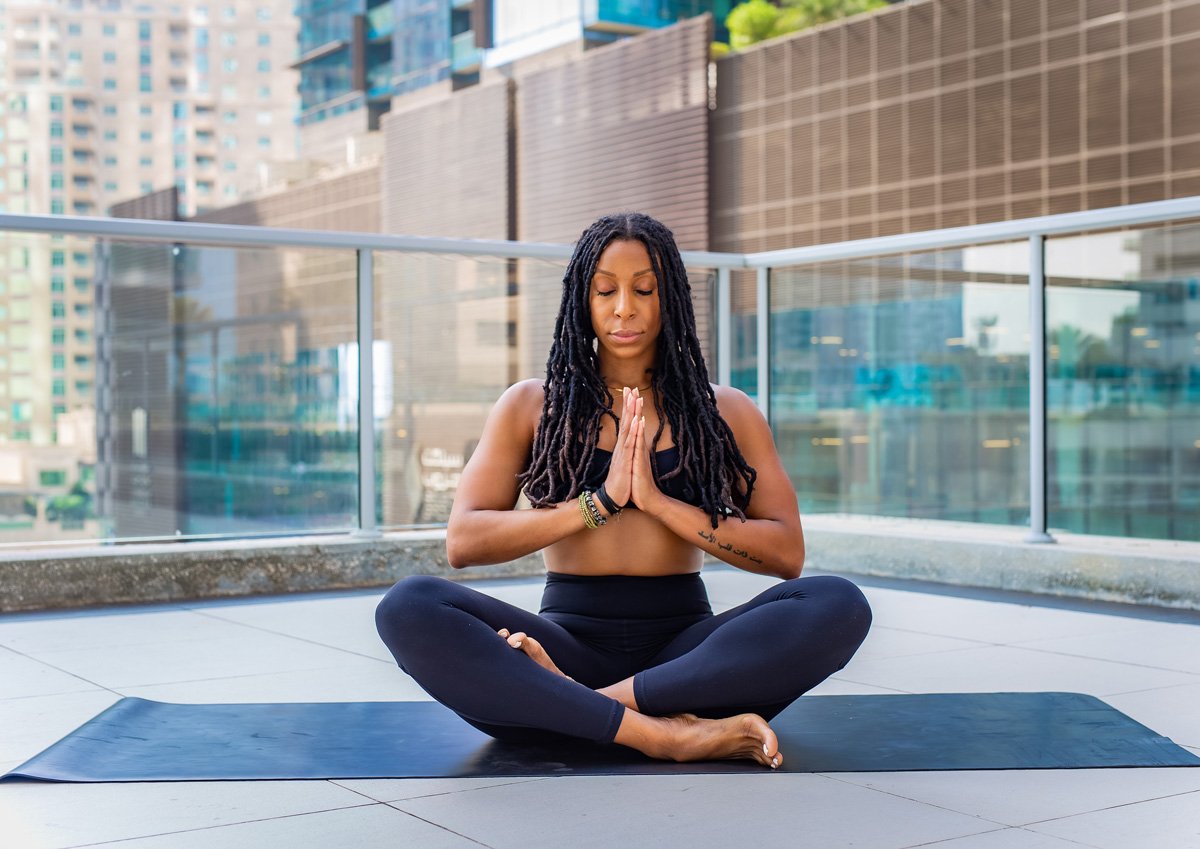Self-Care and Social Justice Work
Original article published on The Body is Not an Apology.
If you were to ask my mom or my girlfriend about a time I got something wrong, they’d both most likely say, “Well, according to Quita, she never gets anything wrong.” But even the Princess of Perfection has to admit when she is wrong. My self-care journey is an ongoing process that I’m getting wrong more times than not.
As someone who is doing social justice work, I know that I have to take care of myself in order to be able to keep going. And not to mention, I am surrounded by amazing healers who are always stressing the importance of self-care. Over the past year, I’ve told myself that I’ve been very intentional with my self-care journey, but in reality, I haven’t.
Overworking myself is my biggest motivation for making my self-care a top priority. As a young person who has the opportunity to do paid organizing work in my communities, I find myself constantly wanting to do so many things. However, there are only so many things that I can get done. I can’t bring a capitalistic view of labor to my social justice work. I have to take time for myself to rejuvenate and to make sure my daily work and stressload are manageable.
Unfortunately, I constantly work myself into a state of exhaustion before I let myself indulge in an act of self-care. Or I will use self-care as an incentive to get through a busy time in my life: Oh just work ten hours a day for the next four days, and then you can get a good night’s sleep.
But that’s not self-care. I should always be taking care of myself. Self-care doesn’t start at exhaustion. It’s a practice to avoid it. And taking care of myself should definitely not be an incentive. It’s a necessity. I can’t avoid listening to my body for five days, give it rest and care for two, and then call that self-care. That is preparing myself for burnout before I’m even 30.
It’s okay to say no to meetings, projects, coalitions, and events. Typically, when I start saying no to things, it means that I’m already doing so much that I don’t have the time or energy to do anything else. The movement can and will go on without me, and that is fine. It is not sustainable — or frankly, possible — to be everywhere doing everything for everyone. I don’t have to make some grandiose statement about taking care of myself after I’m feeling completely burned out. In order to take care of myself, I need to prioritize and focus on what I can handle and let other folks do the rest.
In my self-care journey, I also need to be intentional with my eating schedule. I start most of my days off with one or two cups of coffee. The problem is that those cups of coffee typically are my breakfast and lunch. I don’t think about eating food until around 2:00 PM. By that time, I convince myself to wait until I get home to eat, which means I’m not eating until around 5:00 PM or 6:00 PM.
My relationship with food has always been tough, but I have to acknowledge that it’s not sustainable to go without food for eight or more hours every day. It’s a habit that I’ve had since I was young, but in my self-care journey, I have to challenge myself to break that habit. My self-care journey should always include nourishing my body and giving it what it needs to keep going.
In 2015, I decided that, as a part of my self-care, I would actively pursue my passions. I am wholeheartedly committed to my job as a youth organizer. I try to ensure that I am involved in things that are happening within my communities and city. And I am fully committing to writing, which has been a love of mine since I was a child.
However, while I am pursing my passions, I sometimes find it difficult to remember all of the things that I need to get done. I have an agenda, and I make a weekly to-do list, but most days, I find myself not referencing them. It’s common for me to have “Oh, snap!” moments when I realize that something needs to get done immediately. My time management skills are not the strongest. In order to make sure that I am fully meeting all of my commitments, I must be proactive and reference my calendar and to-do list. In addition to not disappointing those who are depending on me, I have to make sure that I am supporting myself and not overworking myself.
My self-care journey is also teaching me how often I ignore my body. I don’t eat enough because I am not listening to my body when it indicates that I’m hungry. It’s not as though those eight hours fly by without my stomach grumbling. I simply choose to focus on something else. I can also go days in chronic pain because I’m not taking the time to recognize that I need to stop and take care of myself. I allow my lack of health insurance to convince me that there’s nothing that I can do for my health, so I should just live through it. While I may not have affordable access to medical institutions, I can still take care of myself.
Self-care mantras are a part of how I practice self-care. In particular, I always make sure to keep Audre Lorde’s quote near to my heart: “Caring for myself is not self-indulgence. It is self-preservation, and that is an act of political warfare.” However, the inspiration to do self-care means nothing if I’m not truly committing to it. The reality is that we live in a society built on oppressive systems that constantly work to maintain power and break down marginalized people. Self-care is not some cute utopian inspiration for how to lead my life, but a tool to ensure that I’m not being broken down by the systems in place. It is a political tool for me to survive in this society.
As a Black queer woman, I do not have the luxury to not take care of myself. I can’t neglect my body and spirit for the sake of any movement. No job, whether it be in the social justice arena or any other, is more important than my well-being. I can’t passively think of my health. My survival depends on self-love.
As I continue my journey through this year and beyond, I have to continuously challenge myself to prioritize my self-care. I must implement small changes in my daily life to ensure that I’m not overextended. As a Queer radical warrior for liberation, I must use as many tools as possible to fight against oppression.

